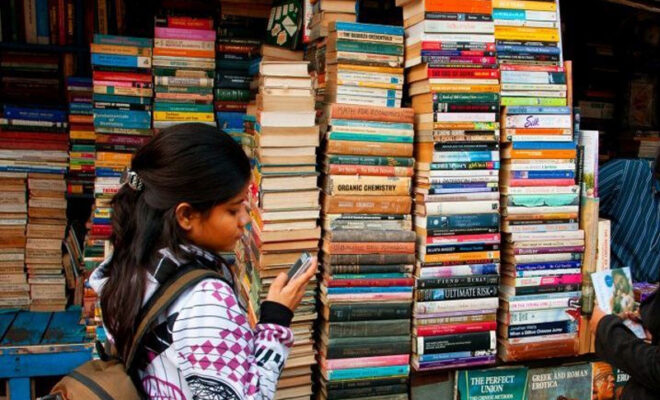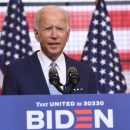NCERT To Replace ‘India’ With ‘Bharat’ In School Textbooks, Right Or Wrong?

Big changes could be coming to school textbooks in our country. A high-level committee made by the NCERT has given some new advice. The NCERT panels said that we should use ‘Bharat’ instead of ‘India’ in textbooks. Why? Well, ‘Bharat’ is the ancient and original name for our country. It’s mentioned in old texts like the Vishnu Purana, which is 7,000 years old. ‘India’ became common only after the British East India Company came in 1757. The Constitution’s Article 1(1) also says, “India, that is Bharat, shall be a Union of States,” so the committee thinks it’s time to go back to our roots. The NCERT panel wants a shift in how history is taught. Instead of just learning about ‘ancient history,’ they suggest introducing ‘classical history.’ The British divided our history into ‘ancient,’ ‘medieval,’ and ‘modern,’ making it look like we were always behind in science and progress. But that’s not true! We had great thinkers like Aryabhatta who knew a lot about the solar system long ago. So, they say, let’s learn about the ‘classical’ period along with the medieval and modern times. The NCERT committee believes our textbooks should talk more about ‘Hindu victories.’ Right now, they say, we mostly learn about our failures against Mughals and Sultans. We need to change that. The committee also suggests that Indian Knowledge Systems should be part of all subjects in the curriculum. All these recommendations are a part of NCERT’s plan to change school books according to the new National Education Policy (NEP) 2020. A 19-member team is now working to finalize the new books and teaching material. Also Read: Jawahar vs Tiranga: Do Names Really Matter In India’s Politics? ‘Bharat’ is an age-old name deeply rooted in our culture. Our ‘classical history’ is to be taught so that we appreciate the scientific and cultural advancements of our past. It’s completely true that our textbooks should highlight not just failures but victories too so that our younger generation can get to see the whole picture of our history.



